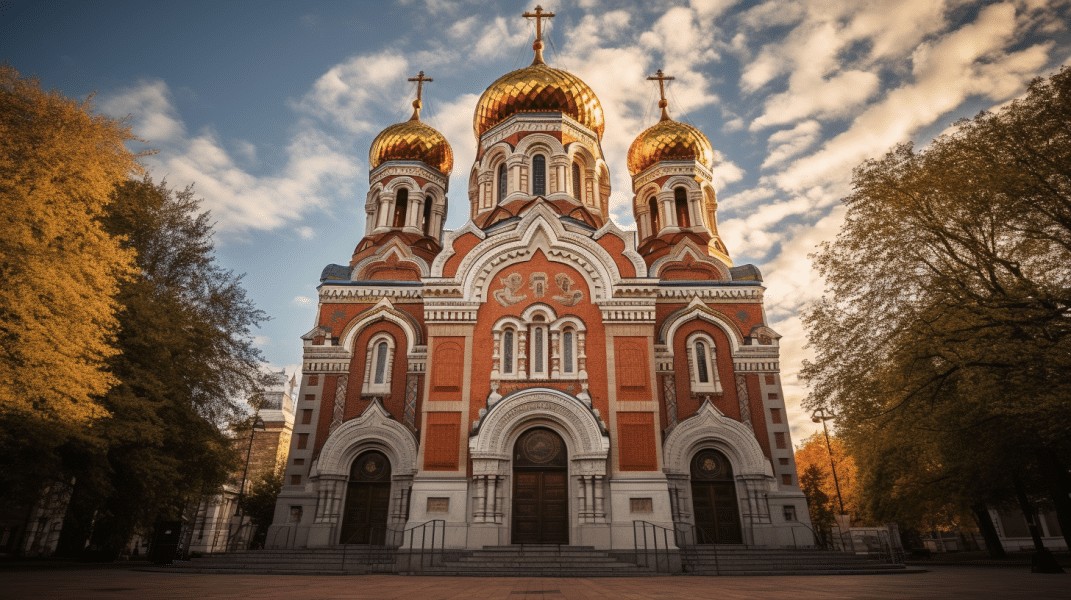The history of Christianity is as diverse as it is fascinating, with various branches and movements that have developed over the centuries.
In this article, we will focus on Russian Orthodox Christianity, exploring its origins, theological beliefs, and profound cultural impact. Join us on a journey through time as we uncover the captivating history of the Russian Orthodox Church.
Origins and Early Development:
Russian Orthodox Christianity traces its roots back to the 10th century, when Prince Vladimir of Kyiv embraced the Christian faith and made it the official religion of the Kievan Rus. This marked the beginning of the Russian Orthodox Church and its close association with Russian culture and identity.
The Russian Orthodox Church:
At its core, the Russian Orthodox Church follows the teachings and traditions of Eastern Orthodox Christianity. It recognizes the authority of the Ecumenical Patriarch in Constantinople, but has a distinct hierarchy with the Patriarch of Moscow and all Russia as its head. The church is known for its beautiful liturgy, elaborate icons, and deep reverence for saints.
Persecution and Survival:
Throughout its history, Russian Orthodox Christianity has faced numerous challenges. From the Mongol invasion in the 13th century to the Soviet era, the church has endured periods of persecution and suppression. However, it has managed to survive and maintain its spiritual and cultural influence despite these hardships.
The Impact on Russian Culture:
Russian Orthodox Christianity has played a significant role in shaping Russian culture and identity. From its early integration within the Kievan Rus to its influence on art, literature, and architecture, the church has left an indelible mark on Russian society. Many iconic landmarks, such as the Moscow Kremlin and St. Basil’s Cathedral, are testaments to the rich artistic and architectural heritage inspired by the Russian Orthodox Church.
Traditions and Beliefs:
The Russian Orthodox Church holds a strong emphasis on tradition and ritual. From the celebration of Easter to the veneration of icons, these customs play a central role in the spiritual lives of its followers. The concept of theosis, or the potential for divinization, is also prominent in Russian Orthodox theology, emphasizing the closer union between God and humankind.
Ecumenical Relations and Modern Challenges:
In recent years, the Russian Orthodox Church has actively engaged in ecumenical dialogues and fostered relationships with other Christian denominations. However, it still faces challenges in a rapidly changing post-Soviet society, with issues such as secularism, religious freedom, and the relationship between church and state continuing to be topics of debate and concern.
The history of Russian Orthodox Christianity is a tapestry woven with faith, culture, and resilience. From its origins in the Kievan Rus to its enduring influence on Russian art and culture, the Russian Orthodox Church has left an indelible mark on the nation’s history. By understanding the rich traditions and theological beliefs of this ancient faith, we can gain a deeper appreciation for the profound impact it has had on Russian society.

